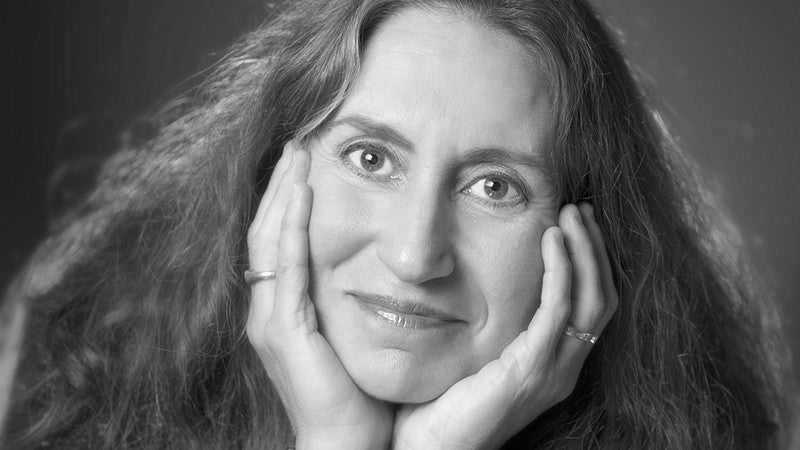
Doing Time: Lauren Kessler Explores Prison Life
A Q and A with author Lauren Kessler on justice and forgiveness in US prisons
By Darienne Stiyer • Photo courtesy David Loveall • July 10, 2019
3 min read
In A Grip of Time: When Prison Is Your Life (2019), Lauren Kessler takes readers inside the US prison system. The author, alumna (MS ’75, journalism), and professor emerita in the School of Journalism and Communication started a writing group for inmates serving life sentences, asking the question, “What is it like to live your entire life behind bars?”
With more than two million people incarcerated in our prison system, Kessler says, “it’s important to know what life behind bars is. We should know where we are sending them, what sort of life they are going to lead, and what that means to them, to their families, to the families of their victims, and the communities that they might someday come back to.”
Where did the idea for A Grip of Time come from?
Lauren Kessler: My work in the last decade has been about trying to make the invisible visible through storytelling and to use storytelling for social change. Prison is a hidden environment. We send millions of people there and we have no idea where we are sending them, and that’s what I wanted to find out.
What did you learn?
LK: The experience made me realize how people can change. It caused me to consider many questions and to pose them to readers: “Is it possible to become better than the worst moment of your life? Is it possible to change yourself, to rehabilitate yourself, to become a different person than you were?” I never really thought of that before, but I’ve thought about it a lot now.
What was most difficult about this project?
LK: The hardest thing for me was to understand how shallow my well of forgiveness actually was. This experience made me reflect on my whole attitude toward forgiveness and personal change, and that was very challenging because it’s hard to challenge your own values.
How do you reconcile the ideas of forgiveness and blame for these men?
LK: I haven’t reconciled it. I’m not sure any of us have. I think that when we read about people who are unfairly imprisoned, it’s easy to have empathy, but what about people who deserve to be in prison? That’s a different story. I’m thinking really hard about it and my continued work with these guys—helping them tell their stories and learning from them—is part of the way I am trying to reconcile it.
Darienne Stiyer, BA ’19 (journalism), is the student intern at Oregon Quarterly.




